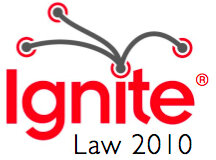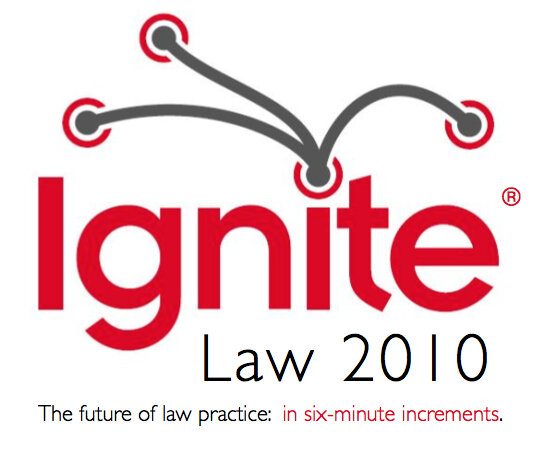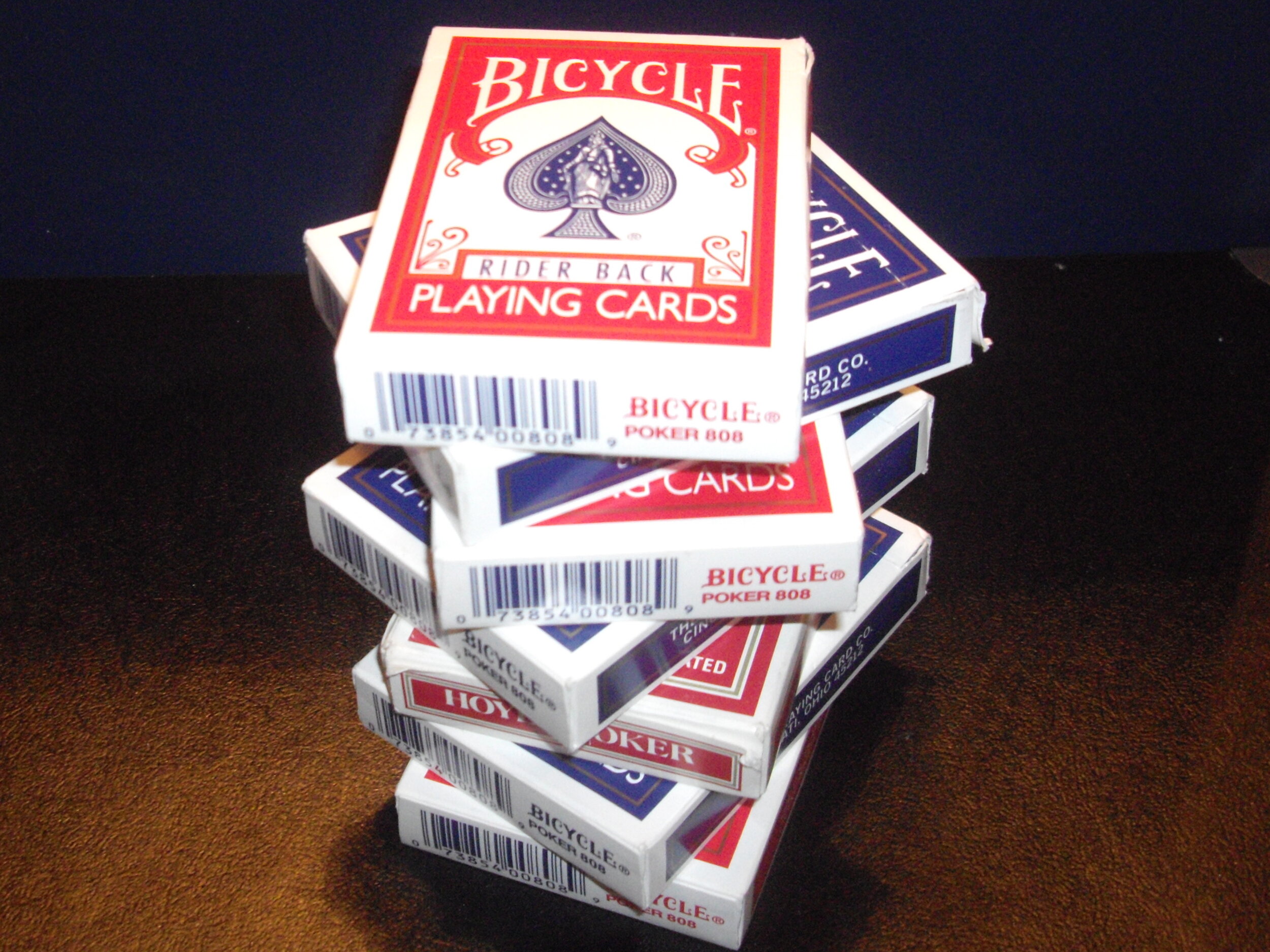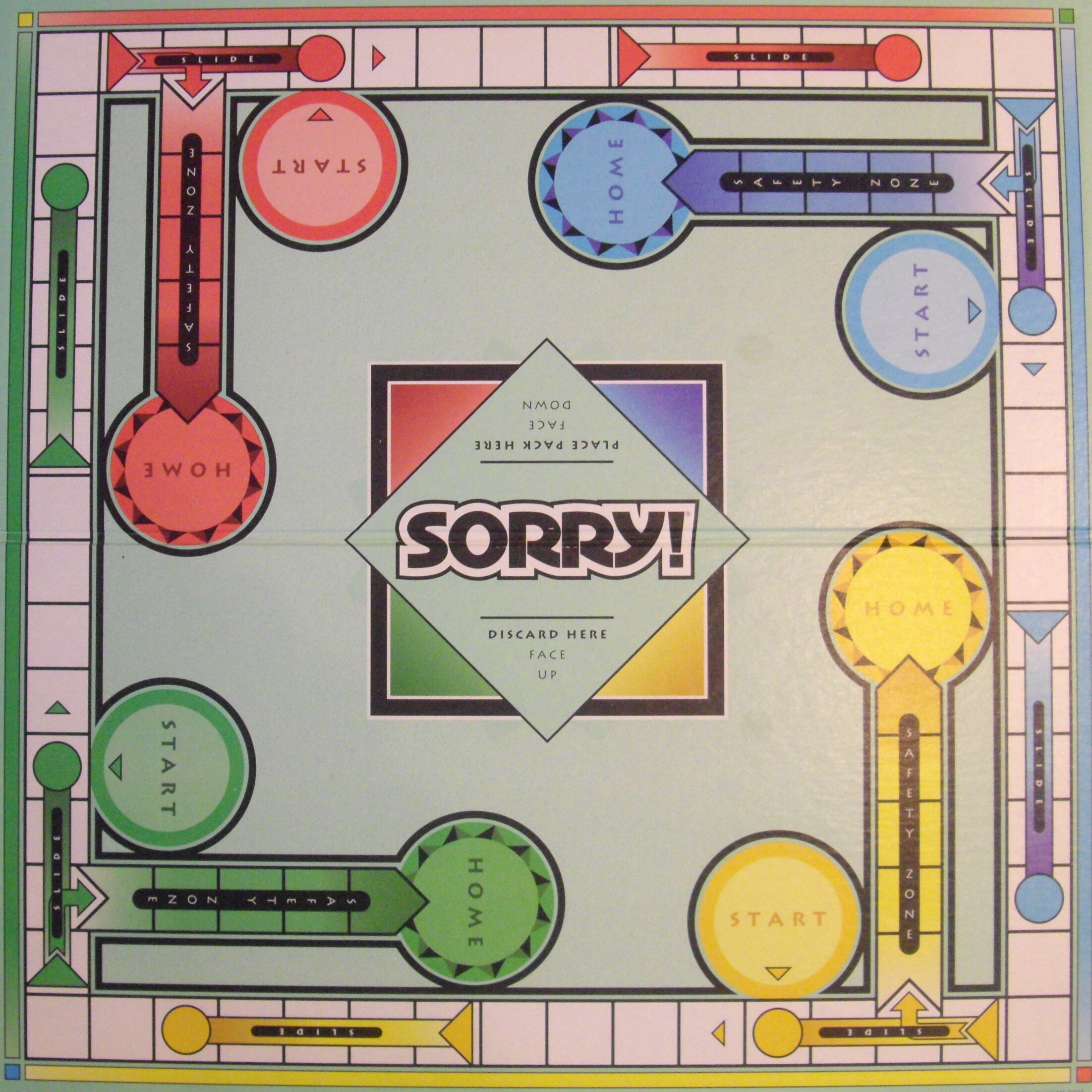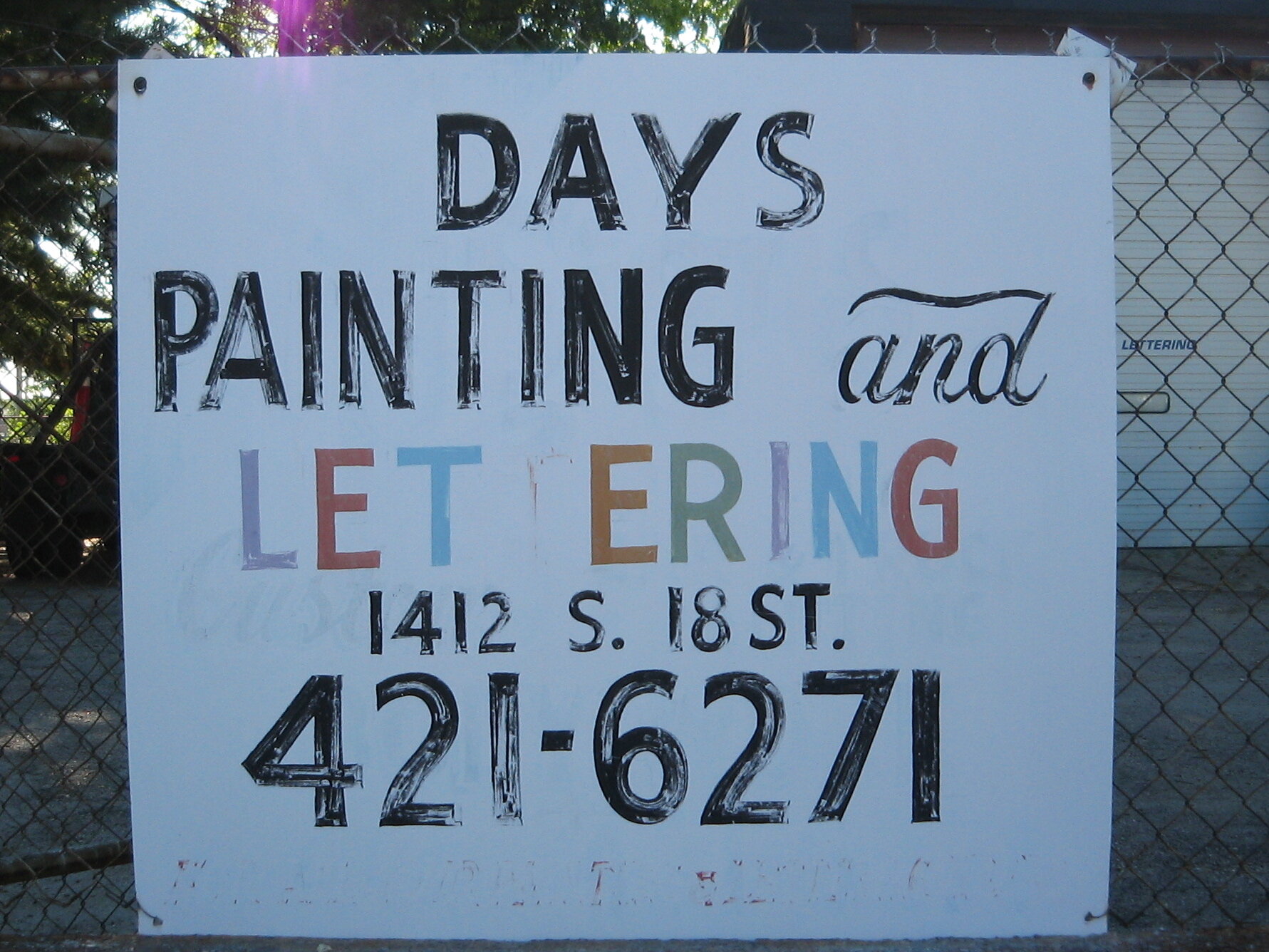Some Great Advice from Design Pros
I ran across this article titled I Wish I Would Have Known: Answers From 11 Top Freelancers, where several design professionals share their hardest lessons learned. Here are a few of my favorites:
From Steven Snell:
I wish I would have known that clients tend to not take a project veryseriously if they are paying low rates. When I started out I knew thatlearning and getting experience was more important than making money atthat stage, so I did some very cheap projects. I worked with severalpeople who wanted a website, but it seemed that since they wereinvesting very little into it financially, they just didn’t take itseriously and put in the effort on their end that is needed to have asuccessful web presence. Not only did that make it more difficult forme to do a good job, but it really did a dis-service to their businessbecause their websites weren’t as effective as they could have been.
From Sean Baker:
You’re closing up your meeting with a potential client. Everything wentsmoothly and you think you’re about to land the job. Said client asksfor your hourly rate, in which you give and explain. Unless you’reunderselling your talents greatly, their next question will almostalways be: “Great, and how long will it take you?” Suddenly you’re in acorner… and you’re panicked. You don’t want to scare them away, so youfeel implied to answer immediately, usually shorting yourself on timesimply to appease. Congratulations, you’ve just pigeonholed thisproject. From here you’ll either be doing some free work or you’ll runthe client off once they see a higher rate than you originally gave.
From Brian Yerkes:
You have to ensure that you don’t take it personally, ever. This is thebiggest thing that I personally struggle with. When a client emails totell me that they aren’t happy with a design, it puts me in a bad moodfor a few hours. It’s the number one thing that I try to deal withbetter every time it happens. Fortunately, 99% of the time, my clientsare happy with my work, but you can never win them all.
From Kostandinos:
Don’t be afraid to say “no” to a project. If I could only pass alongone small piece of advice to kids starting out, and even to thosewho’ve been at it for a while, that’s it. Sometimes it’s really notworth it… in more ways than one. Have a bad feeling about a client?Trust your gut and walk away. One more thing: Sometimes the most important and best projects arethe ones you do for yourself, including working on your portfolio andre-branding yourself. The devil is in the details… get out yourpitchforks.
This advice could have just as easily be given by (and to) lawyers. Remember, your clients, peers and friends often face the exact same challenges in their (non-legal) businesses. Engage them, learn from them, and don't make the same mistakes they have.
Should You Touch Your Clients More?
There's some very interesting research on the power of touch in business situations. In this Harvard Business Review post, author Peter Bregman, shares this experiment that found that a brief, light touch affects people's decision making:
In one experiment, as a woman showed subjects to their seats in thelab, she lightly and briefly touched some of them on the back of theirshoulder. Then researchers asked the subjects whether they would prefera certain amount of money or whether they'd prefer to gamble for thechance to win more money, receiving nothing if they lost. The peoplewho were touched were 50 percent more likely to take the gamble. 50percent!
And it's not just any touch. A handshake didn't achieve the sameresult. A handshake isn't comforting, but a touch on the shoulder orback is.
Another study, profiled in the New York Times, found that touch can result in:
almost immediate changes in how people think and behave .... Students who received a supportive touch on the back or arm froma teacher were nearly twice as likely to volunteer in class as thosewho did not, studies have found.A sympathetic touch from a doctor leaves people with the impressionthat the visit lasted twice as long, compared with estimates frompeople who were untouched.
Obviously, good taste and propriety should rule the day when it comes to touch, but perhaps next time, instead of expecting that pat on the back from your client, you should give one instead.
Legal Innovation Scarcity
While on an airplane last week, I was catching up on some long-overdue blog reading and ran across this post in Kevin Kelly's ever-fascinating The Technium. Kevin discusses "The Shirky Principle" from author Clay Shirky that says, "Institutions will try to preserve the problem to which they are the solution." Put another way, "Established industries like to focus on established problems," and are often incapable of changing because, like the media industry, "they are still solving the last problem."
As law firms struggle to develop alternative billing models, I wonder if they too, are still busy solving the last problem. Shouldn't their focus instead be on how to deliver the service their clients need and want, instead of just changing the way they charge for what they always have done? It is one of the reasons that small, nimble firms and entrepreneurial start-ups will have far more to say about the future of law practice than the big-firm legal industry will acknowledge. What do you think?
Ignite Law at ABA TECHSHOW
What happens when you give fifteen speakers just six minutes and twenty slides each to discuss their vision of the future of law practice? Ignite Law!
Taking place on the eve ofABA TECHSHOW, Ignite Law will be a fun evening of entertaining, rapid-fire presentations that all answer the simple question: What is the future of law practice?
If you’re interested in submitting a presentation, or if you’d like to attend, act soon!
Check out IgniteLaw.com for more info.
Ignite Law at Techshow
What happens when you give fifteen speakers just six minutes and twenty slides each to discuss their vision of the future of law practice? Ignite Law!
Taking place on the eve of ABA Techshow, Ignite Law will be a fun evening of entertaining, rapid-fire presentations that all answer the simple question: What is the future of law practice?
If you’re interested in submitting a presentation, or if you’d like to attend, act soon!
Check out IgniteLaw.com for more info.
Revive Zombie Clients and Other Great Tips
There's some great, simple advice from the Freelance Folder in Seven Tips to Keep Your Clients Coming Back for More. The tips:
Offer packages for recurring work.
Give your best clients special treatment.
Revive “zombie clients.”
Mark important dates.
Foster a feeling of belonging in an exclusive club.
Create promos throughout the year.
Ask for referrals.
Go read the entire article. It is worth your five minutes.
Audit for Obsolescence
Jordan Furlong suggests lawyers and firms conduct an Obsolescence Audit, aimed at identifying aspects of your business that won't survive the next ten years. Here's his checklist of things to look for:
1. Any offering that’s the same no matter who buys it.
2. Any offering essentially the same as your competitors’.
3. Any offering not optimally designed for client value.
4. Any offering that really, truly doesn’t require a lawyer.
Read the entire post for Jordan's elaboration on each point. A fantastic idea!
Resolve to Let Clients Set Your Price
I've been using my "You Decide" fill-in-the-blank invoice, for over a year now. In that time, I've found time and time again that my clients pay me more than I would have charged them. And, in situations where clients demand a fixed price, I'm quoting them much higher prices (coupled with a money-back guarantee) than I would have before my invoice experiment.
Even though I've been doing flat-fee work for almost a decade, I used to (even subconsciously) focus on the time it took me to do something. Now, everything I do is focused on delivering the biggest "bang" for my clients, knowing that the "bucks" will come. I don't track phone calls, preparation time or limit meetings, and I don't charge for materials, travel, meals or other expenses. In short, I trust that my clients will take care of me if I take care of them -- and they always do.
In 2010, I'd encourage you to resolve to let your clients set your price -- at least once. Ask a trusted client to list all the services they'd like you to provide for them. Suggest unlimited phone calls, regular meetings, document reviews, etc. Provide all these services to them for a month's time. Then, ask them what they're willing to pay for all the work you've done.
You may find your clients value your services more than you do.
Resolve to Support the Causes Your Clients Do
If you've got a big client, odds are they've got a pet project. Whether it is for a community organization, charity, civic group or volunteer event, supporting the causes your clients do can deepen your relationship with them while benefiting those in need.
That's why, in 2010 you need to Resolve to Take Care of Clients' Pet Projects. For every client, find out what kinds of charitable groups or causes they support (and why). Armed with this knowledge, here are a few things you can do:
- Get on the group's mailing list, so you'll always know how you can help.
- Donate money or goods to the cause's auction in your client's name.
- Instead of spending your time entertaining your clients, spend that time volunteering with them in support of their cause. You'll get the same one-on-one time with the client, but will be helping out those in need. As a extra bonus, you'll probably also get an introduction to several of your client's peers.
- Find out what is the most pressing legal issue facing the cause (or its members), and offer to give a seminar to help them understand it better.
- Donate a percentage of that client's fees to their cause as your holiday gift the client.
Your clients will not only appreciate your interest in their cause, but you might gain an interest in theirs. When that happens, everybody wins.
Resolve to Land a Big Fish
Almost every lawyer has a "big fish" they'd like to land. Whether that fish is an individual client, a corporation, an insurance company or even a great referral source, your big fish isn't going to catch itself.
And what better place to find advice on catching "big fish" than on a website called TakeMeFishing? Some fishing wisdom to keep in mind when you're Resolving to Land a Big Fish:
The cool thing about fishing is that there are hundreds of species of fish to catch. What's even cooler is that there are multiple ways to catch a particular kind of fish.
You'll soon learn that when it's a bad day for fishing in one location, it could be a good day in another, and the locations may not be far apart.
You don't have to travel far or spend a lot of money to find a body of water with fish you can catch.
Don't be anxious. Even if you get the fish close to the boat, that doesn't mean it's done fighting.
It takes a lot of experience to know when to set the hook. It also takes a lot of patience.
Some fish will nibble on your bait or lure, causing your line to tick or wiggle. And some fish will try to swallow the entire bait, hook and rig all at once with one big hit.
Different fish strike differently. And the same fish will go after your bait differently depending on the time of day or time of year.
Fish spoil quickly if you don't handle them properly from the moment you land them.
So as you plan on landing one big fish in 2010, make certain you're prepared: know who they are, where they hang out, what you'll use to attract them and what you'll do with them once they're caught.
Know the answers to each of these questions before you "go fishing" for big fish, or all you will end up catching are small ones you'd rather throw back.
Resolutions, Revisited.
Last year, I posted Ten Resolutions for the New Year on this blog. Reading it again, I realized it is one of my all-time favorite posts -- and mirrors my own personal resolutions for 2010 and beyond.
I wanted to share it with you again this year. I hope you enjoy it.
1. Resolve to be better to everyone. Start with yourself.
2. Resolve to choose your customers as carefully as friends, knowing that you’ll work best when they’re one in the same.
3. Resolve to know your business better. Recognize that being good atwhat you do is unimportant if you’re not good at being in the businessyou’re in.
4. Resolve to stop doing the things your customersdon’t pay you to do, unless you love doing them so much, you’d do themfor free. Because you are.
5. Resolve to value your life by the things you experience instead of the things you possess.
6. Resolve to eliminate the things in your life that wake you up in themiddle of the night -- unless you’re married to them, or they need togo outside for a walk.
7. Resolve to become more useful to yourcustomers. Stop thinking about what they expect from you, and focusinstead on what they don’t expect from you.
8. Resolve tohelp the people who work with you (and for you) become better at whatthey do. Give them what they need to excel at their jobs, and you’llfind you’re more likely to excel at yours.
9. Resolve tounderstand the difference between what you do for clients and how longyou take to do it. They care about the former, and can’t understandwhy you charge for the latter.
10. Resolve to do the work youlong to do, instead of the work you’ve been doing for too long. Followyour passions, honor your principles and strive to add value to everyrelationship you’re in. “Next Year” begins now. Get started on makingit great!
Resolve to Count Cards
As 2009 draws to a close, we all find ourselves with lots of stuff on our "to do" lists for the next year. Whether your thinking about finding time to meet your deadlines, accomplish your goals or even follow your resolutions, there never seems to be enough time to do it all.
As you begin 2010, Resolve to Count Cards, using this this incredibly powerful exercise I first ran across in 2006. From an article in the now-defunct Worthwhile Magazine (by creativity guru Eric Maisel) comes this gem:
Get seven decks of cards with similar backs. Lay out all sevendecks on your living room rug, backs showing. This is a year of days(give or take). Let the magnitude of a year sink in. Experience thiswonderful availability of time. (This is a powerful exercise.)
Carefully count the number of days between two widely-separatedholidays, for instance New Year's Day and the Fourth of July. Envisionstarting a large project on that first holiday (today!) and completingit by the second.
It also works great with clients! Give it a try.
Social Media Primer -- Comic Book Style
Telestra (an Australian Telco) is training its 40,000 employees on the do's and don'ts of social media. To do so, it has created an interactive comic book.
I really like their focus on the "Three R's" of social media: Responsibility, Respect and Representation. Lots of companies (and employees) could learn from this. Here's the introductory video:
Resolve to Apologize Better
Everyone makes mistakes. Even lawyers. That's why, in 2010, you should Resolve to Apologize Better.
Why apologize? Apologies increase client loyalty and reduce malpractice exposure. But how do you apologize better? Practice!
Here's a great guide from Psychology Today (about apologizing to women) that sets out the six mandatory elements a good apology:
1. Acknowledge the Wrongful Act
2. Acknowledge that You Have [Caused Harm].
3. Express Your Remorse
4. State Your Intention Not to Repeat
5. Offer to Make Amends
6. Seek Forgiveness
Read the entire article for examples of language you should and shouldn't use, and practice apologizing. You may find a well-timed apologize helps you as much as it helps your relationship with your client.
Resolve to Keep Your Promises
Most of us don't break our promises on purpose. But as anyone with a seven-year old can attest ("But daddy, you promised!"), promises are in the mind of the beholder. Too often, we fail to realize someone else believed our vague pronouncement committed us to a concrete course of action.
Since keeping your promises begins with knowing whether you've made one or not, in 2010 resolve to know (and keep) your promises better. Never end a client conversation without asking them these two questions:
- What have I agreed to do, and when do you expect me to do it?
- What have I have promised (or predicted) will happen, and when do you expect it to?
Hearing their answers to these questions will help you know if they are hearing what you think you're saying. Most importantly, you'll stop making (unintentional) promises you can't keep. Now, if it would only work with seven-year old little girls....
Resolve To Fix Your Technology Less
This resolution is for nearly every solo and small firm lawyer out there (including those with computer science degrees): Resolve to Fix Your Technology Less.
How many times has a quick technology fix turned into a day of un-billable time? Trust me on this one, no matter how much (or little) work you have, your time is better spent building your business and serving your clients than it is crawling around on the floor underneath your desk repairing your computers or troubleshooting your network.
Need help remembering this resolution? Try this simple trick:
Everywhere in your office where you have technology (on the copier, on the network switch or router, and on every computer) tape a label that has the following information on it:
- Your hourly rate
- The hourly rate of your tech-support person
- Their phone number
Now every time you're tempted to "fix" something yourself, call in the experts instead. You'll find that you (and your technology) will be happier and more productive when you spend your time doing your job instead of doing someone else's.
Resolve to De-Confuse Clients
What confuses your clients? What are the things that your clients never seem to really understand? Is it the directions to your office, your retainer agreement or their monthly bill?
No matter how much you deserve it, undivided attention from clients is a rarity today. Whether it is because of their email pinging, cell phones ringing or children screaming, you're getting less attention from clients now then ever before -- and a distracted client is far more likely to be a confused one.
That's why, in 2010, you should resolve to make every communication you have with clients (both in person and via mail/email) less confusing.
Start by asking every client in every meeting if there is something you could have made clearer and easier to understand, and pay attention to the things you explain over and over again. Next, pick one of those things each month to "de-confuse" for your clients.
Whether you use photographs more, rewrite your retainer agreement so a sixth-grader can understand it or complete a "Frequently Asked Questions" handout, by the end of 2010, you'll find your less-confused clients are easier to serve and more satisfied with you.
Resolve to See Yourself as Others Do
How do your customers see you? When they arrive for a meeting, what do they experience? What do they see? How do they feel?
Do you work in a deadline-driven practice area, yet always show up late for appointments? Is your office strewn with other clients' files? Are there piles of unread letters in you in-box? Do your secretaries and staff regularly discuss confidential matters on the phone that people in your waiting room can hear?
Do you have magazines that your clients want to read? Do you have complementary wi-fi for them to use while they wait for you? Do you offer them more to drink than just coffee?
Don't think your clients pay attention to these things? You're wrong. And they're not just comparing their experience to the ones they've had with other lawyers -- they're comparing it to the experiences they've had with everyone.
So, in 2010, Resolve to See Yourself as Others Do. Start by asking a friend your staff doesn't know to sit in your waiting room for an hour while you're "busy." Ask them to pay attention to what they see, hear, smell and feel, while recording the things they'd improve. Once you've gotten their list of things to fix -- and there will be things on the list you've never noticed -- work with your staff to fix them.
Resolve to Juggle Less
This is one for the general practitioners out there: Resolve to Juggle Less. Remember, your clients don't have "general" problems, they have specific ones -- and if you're the lawyer who will do "anything for anyone" they are far less likely to hire you do that "one thing" for them.
So, how do you know if you're doing too many things? Here's an exercise that just might help:
- Take a pad of Post-It notes, and on each one, write a type of matter you handle. Err on the side of inclusiveness (write "Divorce," "Child Custody," "Legal Separations," etc. on separate notes instead of just "Family Law").
- Put all the Post-Its up on a wall.
- Ask your staff to add the kinds of things you do to the wall as well.
- Group the post-its in logical categories.
- Step back and look at the wall.
If there are more than 3 groups of Post-Its in front of you, you're probably doing too many different things.
In 2010, work hard to focus on the one or two categories that are most profitable, most challenging and most fun. You'll have a much easier time finding clients, and a much better time serving them.


